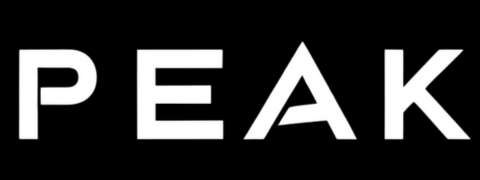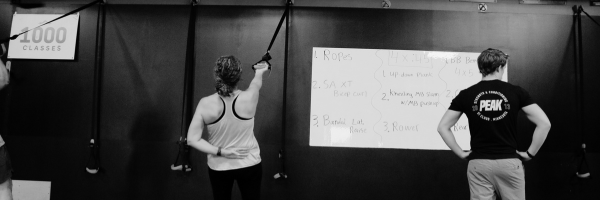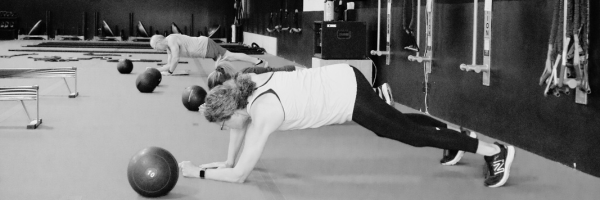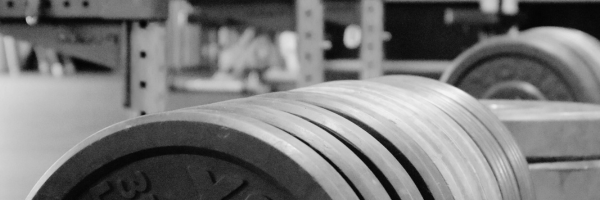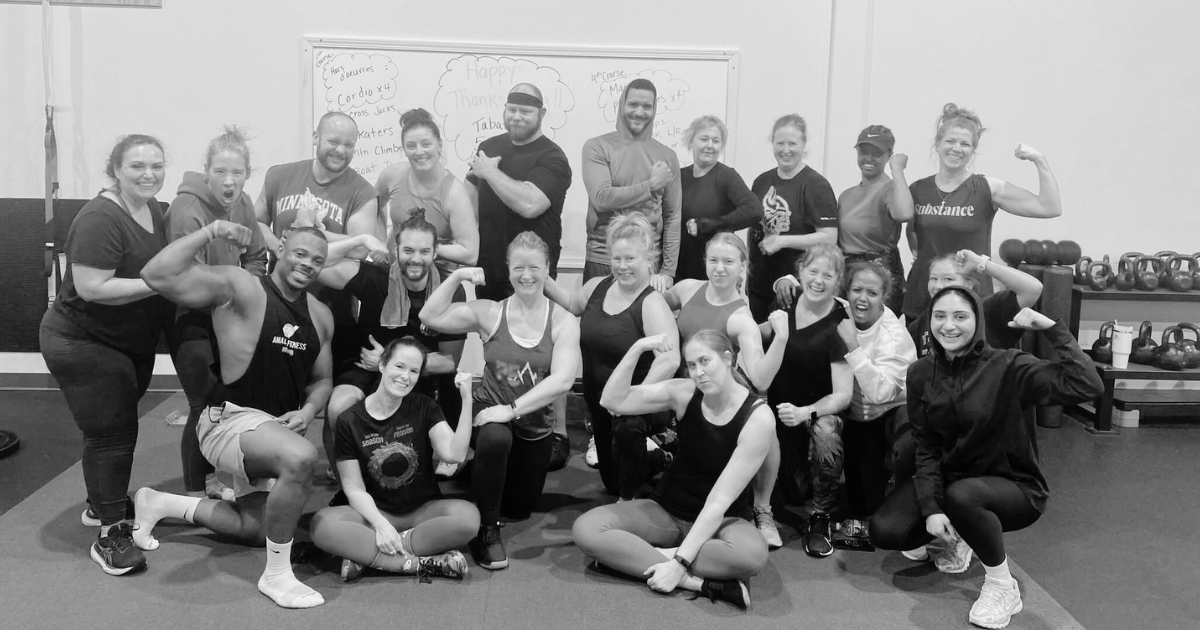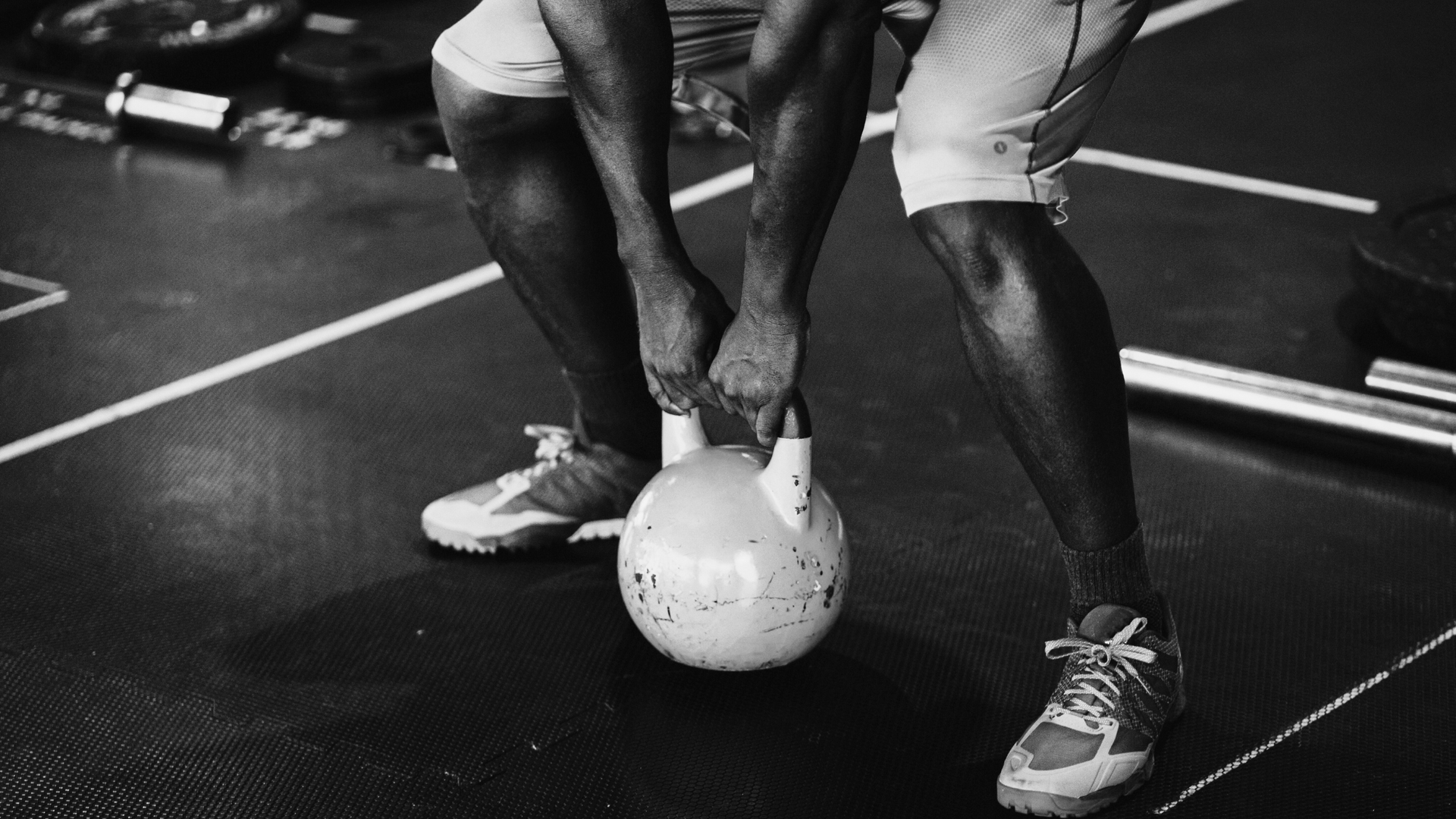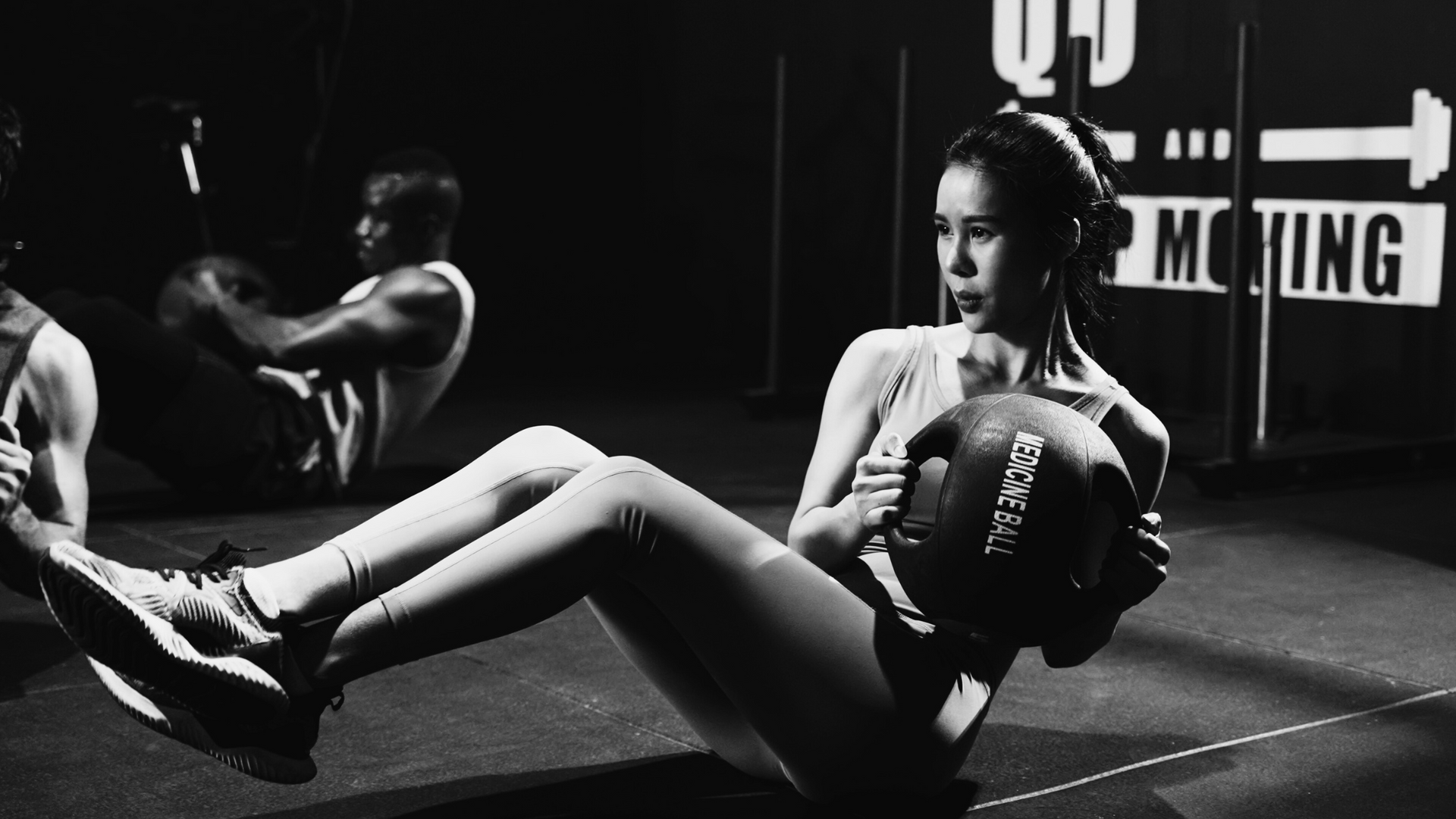Why 'Scalable Workouts' Matter More Than You Think (And How They Keep You Safe)
Why 'Scalable Workouts' Matter More Than You Think (And How They Keep You Safe)
You've probably seen the term "scalable workouts" before. Maybe on a gym's website or in a class description. And if you're being honest, you might have wondered what it really means—or assumed it was just fitness marketing jargon.
Here's the truth: scalability isn't a buzzword. It's the difference between a workout that works for you and one that leaves you injured, discouraged, or both.
If you've ever felt intimidated walking into a fitness class because you weren't sure you could keep up, or if you've pushed too hard and paid for it the next day (or week), this one's for you. Let's talk about why scalable workouts matter—and how they might be exactly what you need to finally build a sustainable fitness routine.
What Does "Scalable" Actually Mean in Group Fitness?
At its core, "scalable" means the workout adapts to you—not the other way around.
In a scalable group fitness class, the coach provides options for different fitness levels, abilities, and even how your body feels that particular day. The movements, weights, intensity, and volume can all be adjusted so that everyone in the room—from the person who's never worked out before to the person hitting their 1,000th class—gets an effective workout.
Think of it like this: the workout has a foundation, but it's built with flexibility. A squat can be scaled to a box squat, a bodyweight squat, or a weighted back squat depending on what you need. A push-up can be done on your knees, from an incline, or as a full push-up. Same movement pattern, different challenge level.
The result? Everyone works hard, everyone progresses, and nobody gets left behind or pushed beyond what their body can safely handle.
Why Scalability Is the Key to Long-Term Fitness Success
Here's something most fitness marketing doesn't tell you: intensity without intelligence is a recipe for burnout or injury.
When you walk into a class that's one-size-fits-all, you're either going to feel like it's way over your head or not challenging enough. Either way, you're probably not coming back. And that's the real problem with fitness programs that don't scale—they don't meet people where they are, so people don't stick around.
Scalable workouts, on the other hand, grow with you. When you first start, you're doing the version of the movement that matches your current fitness level. As you get stronger, more mobile, and more confident, you progress naturally. The workout evolves as you do.
That's how people end up training at the same place for years—not months. They're not bored, they're not stuck, and they're definitely not injured. They're progressing at a pace that's challenging but sustainable.
How Scalable Workouts Prevent Injuries
Let's be real: one of the biggest fears about starting (or restarting) a fitness routine is getting hurt. And that fear is valid.
According to research, improper exercise progression is one of the leading causes of fitness-related injuries. When you jump into high-intensity movements before your body is ready—or when you're pushed to lift heavier than your form can support—you're asking for trouble.
Scalable workouts remove that risk by prioritizing proper technique over ego-driven intensity.
At Peak Physique, our coaches aren't just calling out exercises—they're watching form, offering corrections, and providing modifications in real time. If your shoulder isn't feeling great that day, we've got a version of the movement that works around it. If you're still building strength, we've got an option that challenges you without compromising safety.
And here's something important: scalable doesn't just protect beginners. Even experienced athletes benefit from having options. Some days you're at 100%, and some days you're at 70%—and that's okay. Scalability means you can still show up, get a great workout, and not sabotage your progress by overdoing it when your body needs grace.
Form over everything. Proper technique not only keeps you safe but ensures every rep counts. Quality always beats quantity—your body will thank you.
Real Talk: What Scalable Looks Like at Peak Physique
So what does this actually look like in practice?
Let's say the workout includes kettlebell swings. In a non-scalable class, everyone grabs the same weight and tries to keep up, regardless of experience. In a scalable class at Peak, here's what happens:
- The coach demonstrates proper form and explains the movement
- Options are given: lighter kettlebell, heavier kettlebell, or dumbbell alternative
- The coach watches and offers real-time feedback on technique
- If someone's struggling with form, they're encouraged to drop the weight or adjust the movement
- If someone's flying through it, they're encouraged to challenge themselves with more weight or higher reps
Everyone's working hard. Everyone's being challenged. But everyone's doing the version that works for their body, their experience, and their goals.
And that's what makes it sustainable. You're not comparing yourself to the person next to you—you're focused on your own journey. You're meeting your body where it is today, and that's exactly what leads to long-term progress.
The Coach's Perspective: Meeting You Where You Are
We asked Coach Mary—who's been part of the Peak family for over five years—what scalability means to her as a coach.
"My job isn't to make everyone do the same workout," she explains. "It's to make sure everyone gets the workout they need. Some days that means encouraging someone to go heavier. Other days it means reminding someone it's okay to scale back. Fitness is personal, and our workouts reflect that."
That's the Peak difference. Our coaches aren't just leading a class—they're coaching individuals within a group setting. They know your name, they know your goals, and they know when to push you and when to pull back.
Scalability isn't about lowering the bar. It's about setting the right bar for each person so everyone can reach their peak—literally.
Scalable Doesn't Mean Easy—It Means Smart
Here's a misconception we need to clear up: scalable doesn't mean "easier" or "watered down." It means intelligent.
When a workout is truly scalable, it challenges you at your level. If you're a beginner, you're working at an intensity that's hard for you. If you're advanced, you're working at an intensity that's hard for you. The outcome is the same—you walk out feeling accomplished, stronger, and ready to take on anything.
But here's the difference: you're not walking out injured, defeated, or wondering if fitness just isn't for you.
Scalable workouts respect where you are while helping you get where you want to go. That's not just smart training—it's sustainable training. And sustainability is what separates people who work out for a few months from people who've been showing up for years.
Ready to Train at Your Level?
Whether you're brand new to fitness, coming back after time away, or looking for a place that meets you where you are, scalable workouts are the answer. And at Peak Physique, scalability isn't an afterthought—it's built into every single class.
You don't have to worry about keeping up, falling behind, or doing something your body isn't ready for. You just have to show up. Our coaches will meet you there, guide you through, and help you get stronger—safely and sustainably.
Your fitness journey starts with one bold step. And we're here to make sure every step after that is the right one for you.
Try your first class free at Peak Physique in Fridley or St. Cloud. Come see what it feels like to train at your level—and still be challenged in all the right ways.
Let's climb together, Peak Fam.
Contact Us
We will get back to you as soon as possible.
Please try again later.
